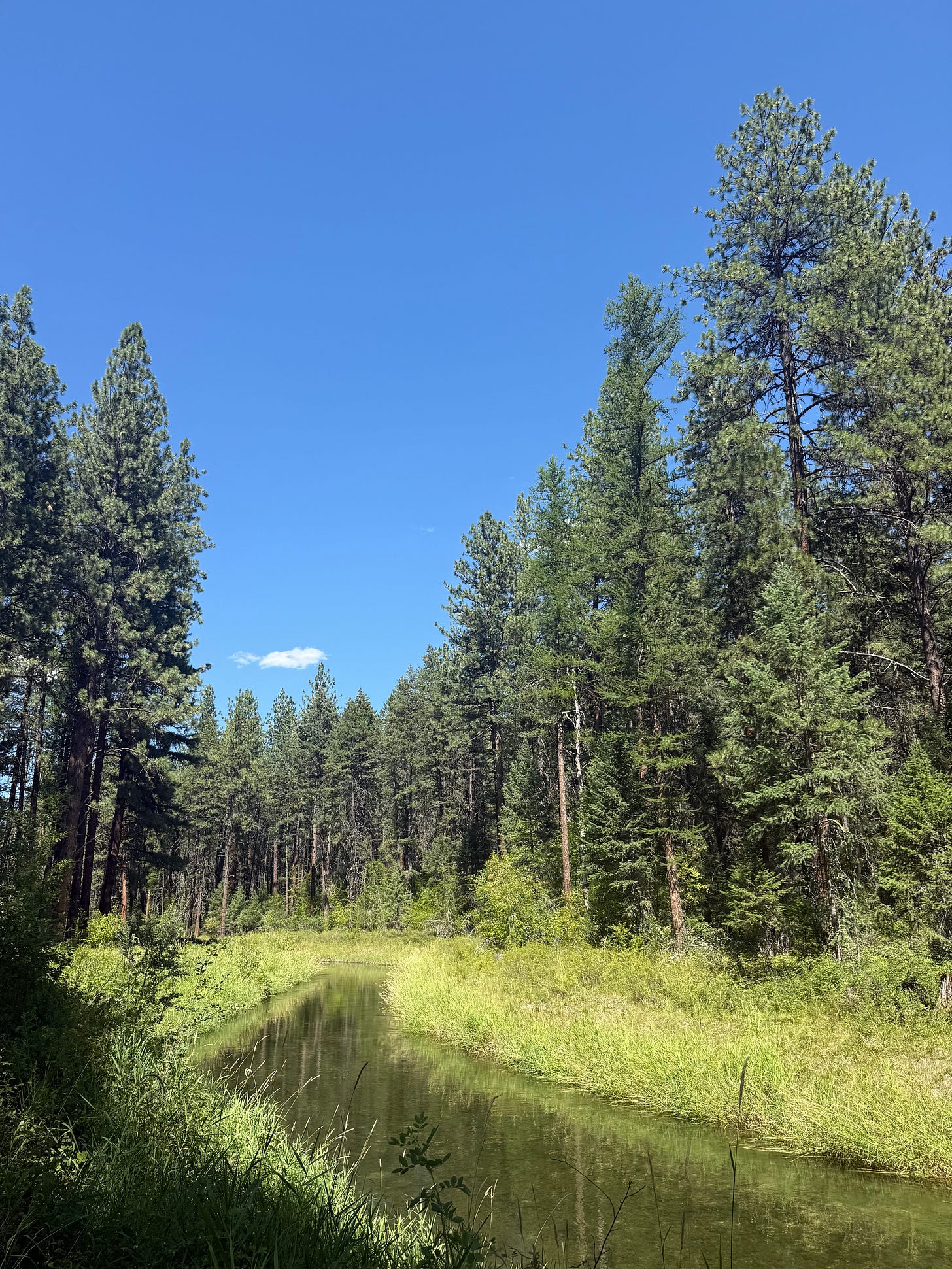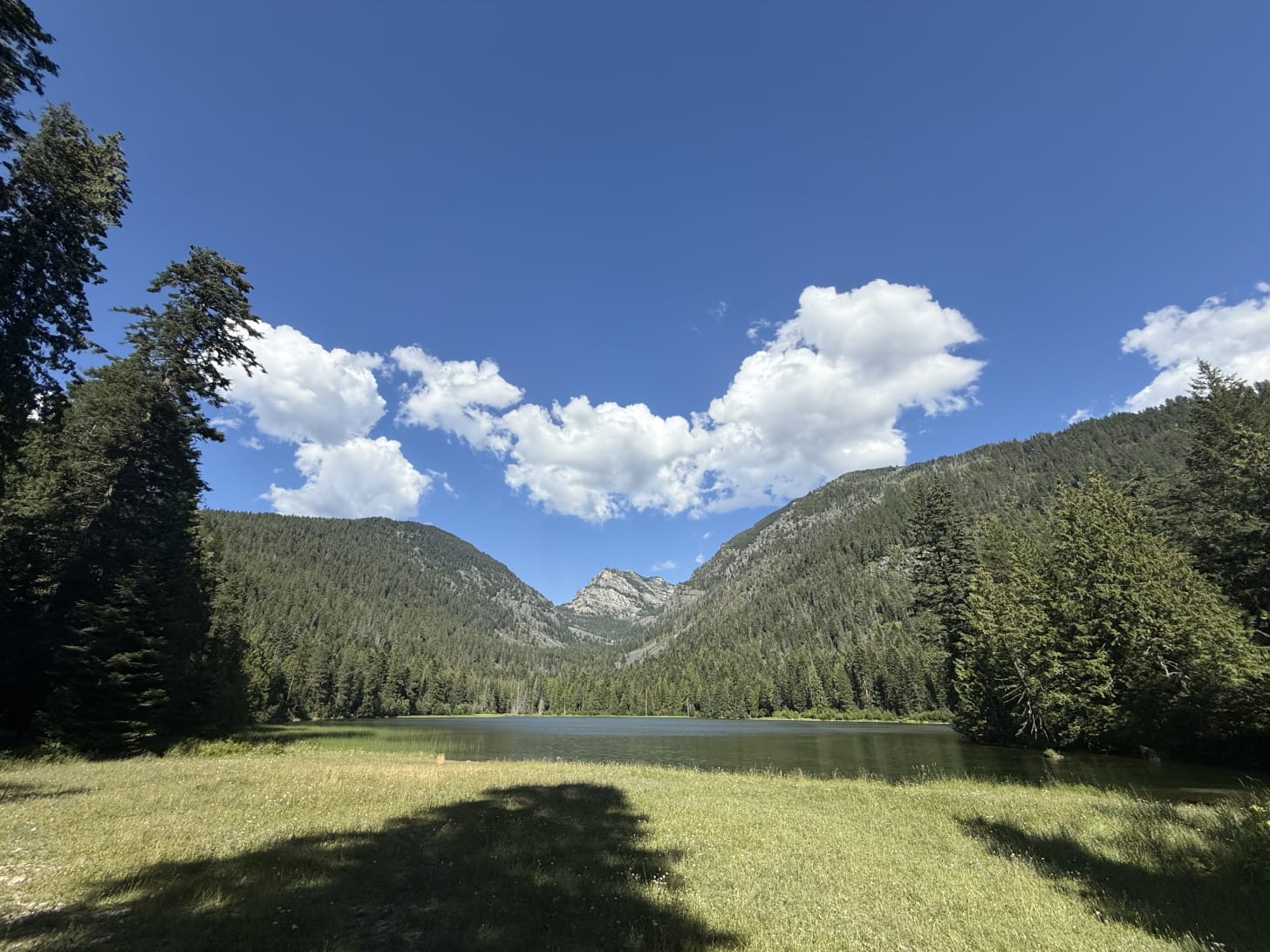Working in a rural, critical access hospital in Montana, I’ve come to expect both blessings and bumps. It is not uncommon for me to respond to a crisis in the emergency room and a week later see members of that family shopping at the local grocer. As the only chaplain with regular shifts at the hospital, I get to see the “frequent fliers” often and get to know them, their stories, and their family. Occasionally, I also get to see them grow.
Sometimes this growth takes place despite declining health. Bob became, to me, the definition of “healing when there is no cure” and I’d like to share the story of my encounters with them. For the sake of privacy, HIPAA, and all those good things, we’ll call them Bob.
Bob had been admitted regularly to the floor over the past 6 months and while I never like to see patients be admitted to the hospital, there was always something that sparked in me when I saw them on the roster. I would usually see the other patients who needed spiritual care assessments before I’d see Bob, as I always enjoyed our conversations, and they rarely flowed along with the traditional assessment model.
The first time I saw them, they shared with me something that always stayed with me. When asking about their faith tradition, they said, “Well, I am what I like to call Catholic-lite.” I smirked and inquired what they meant by that. They shared a compelling story about growing up with the smells and bells of tradition and, later in life, finding more peace and belonging among nature, particularly, being the caretaker to a colony of bees. Bob asked about my religious tradition and, maintaining the tone of the conversation, I said, “I am Protestant-lite” and went on to share my religious upbringing, training, and also my love for fly fishing and being connected to the waters, rivers, and trout.
After a few days and a few more conversations, they began to open up with me and share their fears and concerns. Bob recognized his life was nearing closer to the end and shared so eagerly about his desire to see a greater cosmic explosion of goodness in the world. He said something like, “I want to be a witness to the convergence of goodness in the world.”
The next day, I came in to work and didn’t realize that Bob got the good news of being discharged, and I wondered more about our conversation. Perhaps the clinical pastoral education continues to influence me, as I did a verbatim self-assessment in my head. I wondered what other responses I could have offered. Unfortunately, I didn’t get too long to ponder as a month or two later, Bob was back.
While I wouldn’t say I rushed through my other patients, I certainly wanted to ensure I had enough time to see Bob. This time, Bob’s spirits were dimmed some, as became customary on his first few days of admission, he again shared his longing to be a witness to goodness. This time, I offered a challenge. I asked, “Bob, what if you weren’t meant to be a witness as much as a conduit for the goodness you want to see?” Over this stay, Bob shared with me the discernment process he had with his friends and how he wanted to be a conduit, a source, and so he set off to do what he could.
A few admissions later and this time Bob was slower to turn around. We began to turn the conversation toward legacy work. I invited him to consider a few questions:
- What is the story you want your loved ones to tell when they talk about you?
- What is the wisdom you’ve learned from your life and faith that you want to share?
- Who are the people you would like to talk to before you die, and what do you want to say? Do you want to invite them over, have phone calls, or write them letters?
Bob tearfully told me that they wanted more time, they just wanted to witness and bring about more goodness in the world.
One of my favorite spiritual care interventions is something I call the “I experience you” statement. I learned this in CPE, of course, yet it was often during a time, after a verbatim presentation, where we share encouragement with one another (yes, our CPE created space to be uplifting).
As I sat next to tearful Bob, tears came to my eyes as well. My tears told me it was time to tell Bob what I had witnessed in him, and that I have seen goodness enter the world because of him, his presence, and his “magic” (this is the word he used to describe his influence). He thanked me and asked me to make him a promise.
As I relayed this story to my boss, I imagine your reaction was the same furrowed brow my boss had. Don’t worry, I said, “Well Bob, it depends on the promise.”
He said, “Chaplain, when I die, can you tell the bees?”
Now my eyebrow was raised, and this isn’t something that I’ve been asked to do before. While I’ve never been stung, I hold a fearful reverence for bees and, as such, respectfully keep my distance. Bob went on to share about a European tradition where it is appropriate to consult the bees on any major news: births, deaths, weddings, those sorts of things. He said, “Will you watch the paper and when you see my obituary, will you tell the bees?”
That is a promise I can make.
This time Bob discharged home on hospice, we said our goodbyes and I shared how I was influenced by Bob. I shared that I saw goodness enter the world because of Bob.
I get to the hospital and see a spiritual care consult on my healthcare dashboard. It’s Bob. This time Bob was admitted for comfort care and was asleep. I sat with Bob for a while and read him some fly fishing stories. I left a card on his bedside table that simply said, “I will witness, I will tell the bees.”
I got the page to come back to the floor as Bob had passed. A few family members were present, and they asked me to offer prayers. It is a gift to know how to pray in a way someone would want to pray.
When I witness the end of life, I usually go to the local coffee shop and get an iced mocha. Iced for my nervous system and chocolate because… well… it’s chocolate. As the barista handed me my drink, she shrieked and slammed the window shut. A bee had landed on the tip jar.
I wasn’t at all surprised. This bee knew I had a message for him. I gently shared, “Bob died.” And he buzzed off.
Bob taught me that ministry, like beekeeping, is quiet, relational, and sacred. And sometimes, if we are lucky, we are the ones changed by it.




